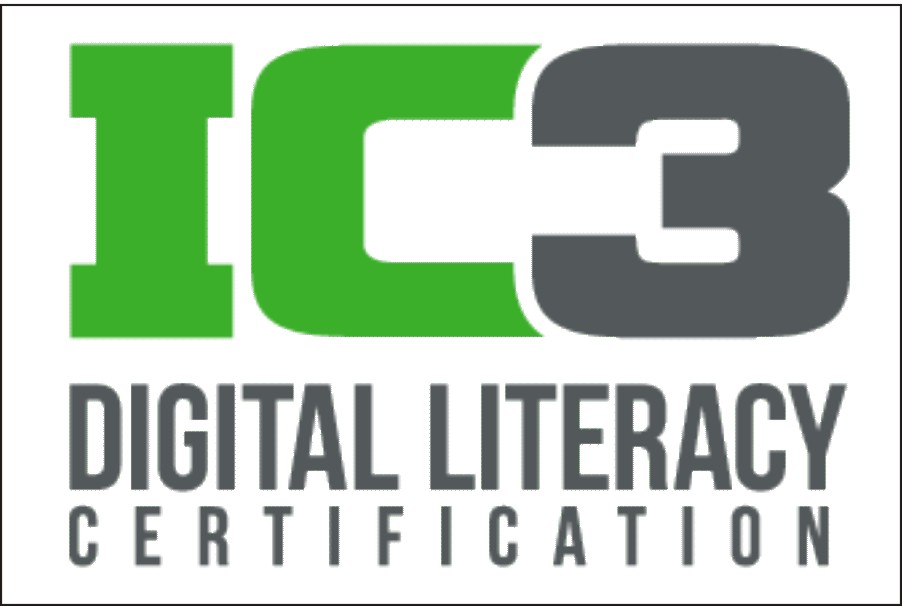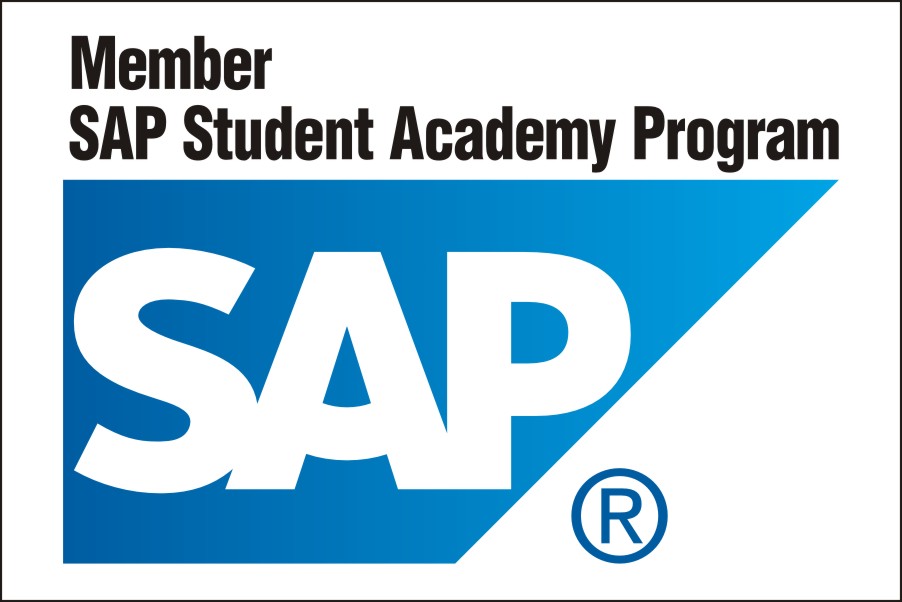Download the Brochure by filling the form below
Key Highlights
Things To Know
- Blends Python, ML, and AI for a complete data science skillset.
- Focuses on real-world data handling, visualization, and analysis.
- Covers AI, deep learning, and ethical aspects of data use.
- Equips students for data science roles through hands-on projects.
About the Course
Excel, Tableau, Power BI, SQL, and more. Unlock your potential in data-driven decision-making.
Hands-on experience, real-world projects. Develop proficiency in data manipulation, analysis, and visualization.
Learn to present data visually, make data-driven decisions. Open doors to diverse career opportunities.
Whether beginner or experienced, enhance data analysis capabilities with our comprehensive course.
Dive into the world of Tableau, Power BI, and other tools. Stand out in the field of data analytics.
A-DVA course prepares you for roles in data analysis and opens doors to exciting career opportunities.
Content
Data Science with Python with ML and AI. Master Excel, Tableau, Power BI, SQL, and more for impactful data-driven decision-making and career advancement.
- What Is Data Science
- Domains in Data Science
- Need of Data Science
- Use of Data Science in Business
- Lifecycle of Data Science Projects
- Data Science Tools and Technologies
- Basics of Excel for Analysis
- Required Skill for Data Science
- Types of data
- Descriptive vs Inferential Statistics
- Sampling Techniques
- Measures of Central Tendency and Dispersion
- Hypothesis & Inferences Testing
-
1 . F Test
2 . T Test
3 . ANNOVA
4 . Chi Square Test
- Confidence Interval
- Central Limit Theorem
- P value
- Variables
- Co relation and Co Variance
Excel Essentials
- Excel Essentials
- Working with Multiple Worksheet
- Cell Referencing
- Working with Data Lists
- Conditional Formatting
- Data Validation
- What-If Analysis
- Formula Auditing
- Protection
Formulas & Functions
- Conditional Function
- Text & Statistical Function
- Financial Function
- Creating HLOOKUP and VLOOKUP Functions
- Advanced Conditional Formatting
- Advanced Lookup and Reference Functions
Dashboard Designing (MIS)
- Creating Dashboard
- Charts & Sparkline’s
- Use of Power Pivots for Data Analysis
- Use of Power Queries & Power Map
- Pivot table Dashboard with Slicers
Automation
- Working with External Data
- Exporting & Importing Data
- Excel, Access, PPT, TXT, CSV
- Updating Charts, Table in PowerPoint
- Converting Reports into PDF
- Exporting Charts, Tables to PowerPoint
- Introduction to Python
- Command line basics
- Numbers, Operators & Comments
- Variables & Strings
- Boolean & Conditional Logic
- Looping in Python
- Lists
- Dictionaries
Visualisation with Seaborn
- Introduction to Seaborn
- Seaborn Installation
- Basics of Plotting
- Plots Generation
- Visualising the Distribution of a Dataset
- Selection of color palettes
- Lists
- Dictionaries
- Tuples & Sets
- Functions
- Modules
- OOPS
- File I/O
- Handling Missing values(Numerical / Categorical)
- Graphical Exploratory Analysis (Seaborn / Matplotlib)
Visualisation with Matplotlib
- Matplotlib Installation
- Matplotlib Basic Plots & it's Containers
- Matplotlib components and it’s properties
- Py lab & Py plot
- Scatter plots
- 2D Plots
- Histograms
- Bar Graphs
- Pie Charts
- Box Plots
SUPERVISED LEARNING
- Linear Regression / Multi-Linear Regression
- Logistic Regression
- Decision Tree (CART)
- Ensemble Learning
- Random Forest
- xgBoost
- K Nearest Neighbors (KNN)
- Support Vector Machine (SVM)
- Naive Bayes Classifier (NBC)
- Grid Search CV and Random Search CV
- Linear Discriminant Analysis (LDA)
UNSUPERVISED
- Hierachical Clustering / Dendograms
- K Means Clustering
- DBSCAN
- MINI BATCH K MEANS
- DBSCAN
- MINI BATCH K MEANS
METRICS
- MAE / MSE/ RMSE / R2 and Adjusted R2
- AUC ROC CURVE / Precision / Recall / F1 score / Confusion Metrics
DIMENSION REDUCTION MODELS
- PCA
- Kernal PCA
TIME SERIES ANALYSIS
- ARIMA
- FB PROPHET
HYPERPARAMETER TUNING / ADVANCED ML MODELS
- Overfitting and underfitting
- Cross Validation
- Log Loss
- Elastic net
- Lasso And Ridge Regression
- SMOTE
- SKLEARN Using HyperParameter
- Model Evalution
- Gradient Descent
GIT: Complete Overview
- Introduction to Git & Distributed
- Version Control
- Life Cycle
- Create clone & commit Operations
- Push & Update Operations
- Stash, Move, Rename & Delete
- Operations
- Selecting & Retrieving Data With SQL
- Filtering, Sorting, and Calculating Data with SQL
- Subqueries and Joins in SQL
- Modifying and Analysing Data with SQ
- Architecture of Tableau
- Product Components
- Working with Metadata and Data Blending
- Data Connectors
- Data Model
- File Types
- Dimensions & Measures
- Data Source Filters
- Creation of Sets
- Gantt Chart
- Funnel Chart
- Waterfall Chart
- Working with Filters
- Organising Data and Visual Analytics
- Working with Mapping
- Working with Calculations and Expressions
- Working with Parameters
- Creating Charts and Graphs
- Dashboard Creation
ARTIFICAL INTELLIGENCE
- overview of AI
- Need of Artificial Intelligence
- What is Neuron
- Architecture of Artificial Neural Network
- Modules
- Activation Function
- Optimization Function
- Cost function
- Dense Network
- Regularization
- Gradient Descent
ANN (ARTIFICIAL NEURAL NETWORK)
- Simple ANN Model
CNN (IMAGE CLASSIFICATION)
- Basic Intro to CNN
- CNN (Convolution Neural Network)
- CNN Architecture Building
- Transfer Learning (VGG16 / VGG 19 / RESNET 50 / Inception V3)
NLP (NATURAL LANGUAGE PROCESSING)
- Basic Intro to NLP Models
- simple NLTK (stemming/ lemmatization/ regex/ stop words, corpus, unigram, bigram, trigram)
- BAG of words (count vectorization)
- TD-IDF-term frequency inverse document frequency
- Word Embedding
GLOVE WORD 2 VEC
- Fast text
- Keyed vector
- Text blobCertificate: G-TEC JAINx Certificate (only)


































































